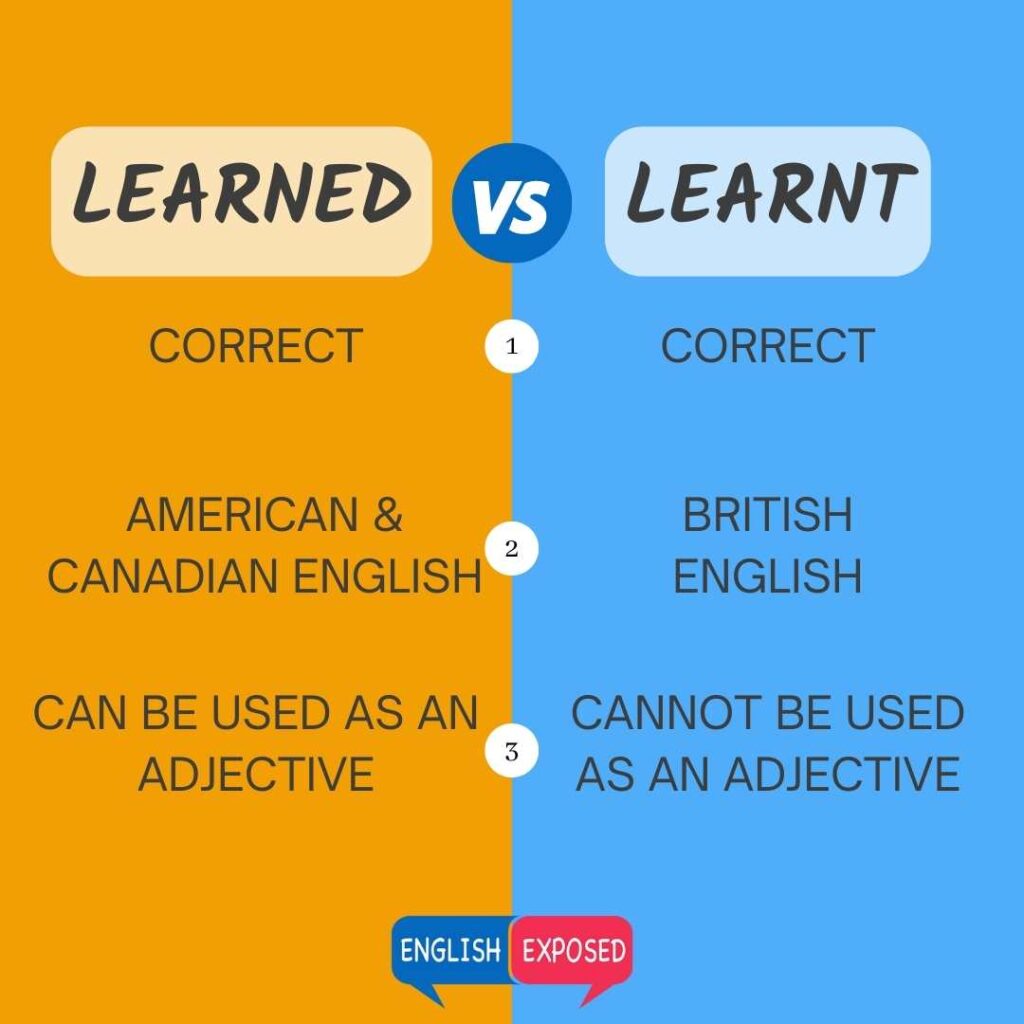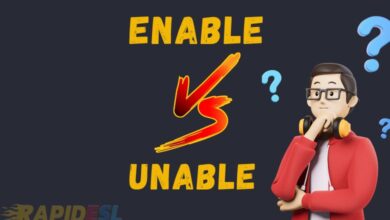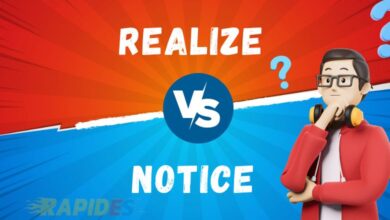
Learned vs Learnt | What is the Difference: Learned or Learnt?
What is The Difference Between Learned & Learnt and How to Use Them Correctly
Learned vs Learnt | What is the Difference? Learned or Learnt?
The English language contains tricky words that can often be used interchangeably. It’s often common to find sentences with one variation of a word and another with a different interpretation of the same word, both of which would be considered correct. Often these words come down to factors such as location, personal preference, or style.
One word pair that often needs clarification is learned vs. learnt. It can often be confusing when to use learned or learnt, especially for non-native speakers or when you need to figure out the audience reading your work.
So, what is the difference between learnt and learned? Here’s a detailed guide.
Learnt vs Learned
When writing the past participle or the past tense of the verb learn, it’s acceptable to use learnt or learned. You can use any of these variations in a sentence without changing the meaning or impacting the correctness of your grammar.
However, the difference comes from the location. Learned is the accepted version of the two in American and Canadian English. On the other hand, the rest of the English-speaking countries favour the use of learnt.
Using Learnt In Your Sentences
If you’re using learnt in your sentence, it will likely be in the context of British English. For example:
- The children learnt their lesson and will never do that again.
- I have learnt from my mistakes, and I am a better person because of it.
- She has learnt to be patient through years of practice.
- He has learnt to speak six languages fluently.
All the sentences above are examples of learnt being used as the past tense or past participle of the word learn. You must use learned if you know you’re writing for audiences outside America and Canada. For example, when writing articles when targeting audiences in the UK and other English-speaking countries, it’s best to use learnt. If you’re writing for an American audience, it’s important to note that learnt is less commonly used. Using learnt may make your sentence sound strange to some readers.
Using Learned In Your Sentences
If you’re using learned in your sentence, it will likely be in the context of American and Canadian English. For example:
- The people learned their lesson and will never do that again.
- The team learned from their mistakes and did better the next time.
- She learned to be patient through years of practice.
- He learned the ways of his people and decided to live like them.
All the sentences above are examples of learned being used as the past tense or past participle of learn. If you’re writing for audiences in America and Canada, then you should use learned. Learnt is acceptable to use if you’re writing for an international audience. However, using learnt in your sentence will likely make it sound strange to some readers.
Using Learned As An Adjective
In addition to being used as the past tense or participle of the word learn, learned can also be used as an adjective. When used as an adjective, learned usually refers to someone considered intelligent or well-educated. For example:
- The professor was a very learned person with much knowledge to share.
- She was a learned woman who had a passion for books.
- He was a learned man who always had something interesting to say.
All of the sentences above are examples of learned being used as an adjective. As you can see, learned usually has a positive connotation when used as an adjective.
Using Learnt As An Adjective
While learnt can be used as the past tense or past participle of learn, it cannot be used as an adjective. If you try to use learnt as an adjective, it will likely sound strange to readers.

Frequently Asked Questions
- Can I use learnt and learned interchangeably in a sentence?
Yes, you can use learnt and learned interchangeably in a sentence without changing the meaning of your grammar.
- What is the difference between learnt and learned?
The difference between learnt and learned comes from the location. Learned is the accepted version of the two in American and Canadian English. On the other hand, the rest of the English-speaking countries favour the use of learnt.
- Should I use learnt or learned in my sentence?
The answer to this question depends on your audience. If you’re writing for an American or Canadian audience, it’s best to use learned. However, if you’re writing for an international audience, it is acceptable to use learnt.
- How do I spell learned?
The correct spelling for the word “learned” is [lˈɜːnd], [lˈɜːnd] or [l_ˈɜː_n_d].
- How do I spell learnt?
The correct spelling for the word “learned” is [ lɜːnt] or [lɜːrnt].
Conclusion
Whether you use learnt or learned in your sentence depends on your audience. If you’re writing for an American or Canadian audience, it’s best to use learned. However, learned is perfectly acceptable if you’re writing for an international audience. You should also note that learned can be used as an adjective, while learnt cannot.
Check out other related grammar articles:
‘Learn’ 100 Synonyms with Meanings and Examples in Each Tense


